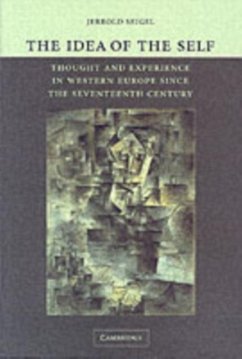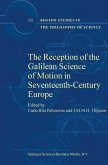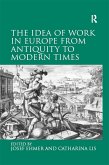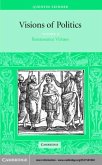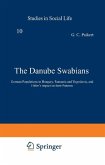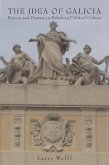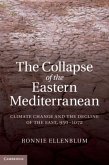What is the self? The question has preoccupied people in many times and places, but nowhere more than in the modern West, where it has spawned debates that still resound today. In this 2005 book, Jerrold Seigel provides an original and penetrating narrative of how major Western European thinkers and writers have confronted the self since the time of Descartes, Leibniz, and Locke. From an approach that is at once theoretical and contextual, he examines the way figures in Britain, France, and Germany have understood whether and how far individuals can achieve coherence and consistency in the face of the inner tensions and external pressures that threaten to divide or overwhelm them. He makes clear that recent 'postmodernist' accounts of the self belong firmly to the tradition of Western thinking they have sought to supersede, and provides an open-ended and persuasive alternative to claims that the modern self is typically egocentric or disengaged.
Dieser Download kann aus rechtlichen Gründen nur mit Rechnungsadresse in A, B, BG, CY, CZ, D, DK, EW, E, FIN, F, GR, HR, H, IRL, I, LT, L, LR, M, NL, PL, P, R, S, SLO, SK ausgeliefert werden.
The Idea of the Self is quite simply the most important and convincing book about Western thinking about the self that I have encountered. The scholarship is both deep and sweeping. Seigel's readings of a wide variety of texts over more than three centuries are cogent and beautifully nuanced, and he is remarkably adept at placing his texts in their relevant national contexts. The result is intellectual history at its very best É quite an event.' Anthony la Vopa, Professor of History, North Carolina State University
'The Idea of the Self is quite simply the most important and convincing book about Western thinking about the self that I have encountered. The scholarship is both deep and sweeping. Seigel's readings of a wide variety of texts over more than three centuries are cogent and beautifully nuanced, and he is remarkably adept at placing his texts in their relevant national contexts. The result is intellectual history at its very best ... quite an event.' Anthony la Vopa, Professor of History, North Carolina State UniversityThe Idea of the Self is quite simply the most important and convincing book about Western thinking about the self that I have encountered. The scholarship is both deep and sweeping. Seigel's readings of a wide variety of texts over more than three centuries are cogent and beautifully nuanced, and he is remarkably adept at placing his texts in their relevant national contexts. The result is intellectual history at its very best É quite an event.' Anthony la Vopa, Professor of History, North Carolina State University

